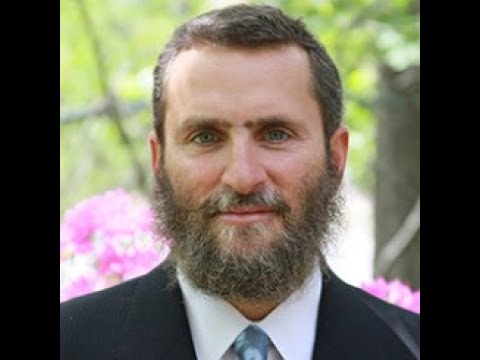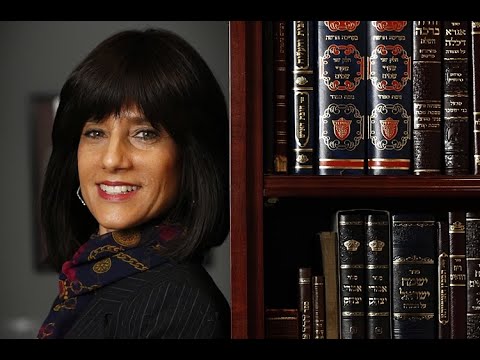LETTING THEM KNOW THAT WE LOVE THEM The sidra begins by telling us that Isaac and Rebecca were childless and that they prayed for a child. “And Isaac prayed to Hashem opposite his wife, for she was barren” (Bereishit 25:21). Rashi (d. 1105), explains that Isaac and Rebecca stood in opposite corners of the room whilst they prayed. The Siftei Chachamim adds that it is not appropriate to pray directly facing another person. The question remains, though, why are we told that Isaac prayed in his wife’s presence? Rabbi Zvi Shiloni suggests that an explanation is apparent if we consider...
Chayei Sarah

SWEETS FROM THE CHIEF RABBI Last Sunday morning, I had the honour to represent Chief Rabbi Mirvis at the Cenotaph. Before we filed out to stand behind the balustrade, the representatives of the leading faiths in this country were all standing in a socially-distanced group in the quadrangle of the Foreign, Commonwealth and Development Office building. One after another, they came up to me to express their shock and loss at the passing of Rabbi Lord Sacks and the impact he had made on their lives. It was, in effect, a paraphrase of the verse in this week’s parsha (cited...
Lech Lecha

ABRAHAM’S PATH TO G-D Jewish history begins with G-d’s call to Abraham at the beginning of this week’s sidra, telling him to leave his land, his birthplace, and go to the land which G-d will show him. The Torah tells us that Abraham is seventy-five years old when this happens. What has taken place in Abraham’s life previously? The Torah is silent here but Jewish tradition fills in the gaps. Abraham is regarded as the first person who came to G-d as a result of his own intellectual questioning. Maimonides (Laws of Idolatry 1:3) provides the following narrative regarding Abraham’s...
Vayera

ABRAHAM WAS SITTING Our sidra begins by telling us the G-d appeared to Abraham who was sitting at the entrance of his tent (Bereishit18:1). Rashi here quotes a strange Midrash: Abraham was seated and wanted to get up, but G-d told him, “Remain seated and I shall stand. And the fact that you are seated symbolizes something that will happen in the future.” Noting that judges must sit when they accept testimony in the courtroom and render decisions, Rashi then continues, G-d said, I shall stand and the judges will be sitting, as the verse says, “G-d stands in the...
Noach

DOVE TALES ON SHABBAT Whilst many of the Zemirot (Shabbat-table songs) were composed to be sung throughout the year, others were written with a particular Shabbat in mind. A classic example is the song composed by the great medieval Spanish poet, Judah Halevi (1075-1141), to be sung, especially, on this Shabbat. It is called: Yonah Matzah Vo Mano’ach – “the dove found rest on it (the Shabbat.)” For some reason, the song is excluded from the selection of Zemirot in the green siddur, but is found in all other popular collections. The poem draws on the passages in the parsha...






